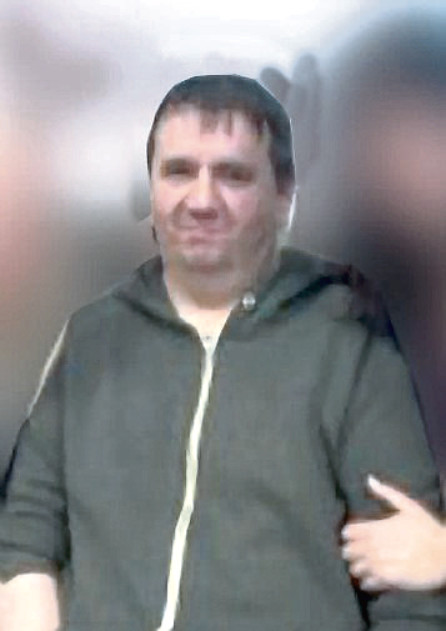A man who discharged himself from a psychiatric hospital two days before killing his best friend has been sent to the State Hospital at Carstairs without limit of time.
David Reid, 46, stabbed 53-year-old Mark Johnston at least 120 times because he believed he was the Devil.
Dr Duncan Alcock, a forensic psychiatrist at Carstairs, told the High Court in Glasgow that Reid – who suffers from paranoid schizophrenia and bipolar disorder – would “present a serious risk to the public if he was at large”.
The attack took place in Reid’s flat in Broughty Ferry on October 20 2017. Reid was found not guilty of killing Mr Johnston by reason of insanity. Judge Lady Rae ordered him to be detained on compulsion and restriction orders.
The court heard that two days before the killing, Reid took a taxi to the Royal Cornhill Hospital in Aberdeen and asked for treatment.
He discharged himself two days later.
After another two days out of hospital, he phoned his sister and confessed he had stabbed his friend to death, after “shredding” his jugular vein with a kitchen knife.
Mr Johnston was found lying dead in a large pool of blood on the living room floor when police arrived.
A decision was made to admit Reid to hospital and two NHS Tayside staff then escorted him in a taxi to Aberdeen, because no psychiatric beds were available locally.
Reid was able to discharge himself shortly after admission – after a consultant decided that he didn’t meet the criteria for compulsory treatment.
The court heard an inquiry is under way into the circumstances surrounding the case.
Reports have been received from NHS Grampian and NHS Tayside and the procurator fiscal’s Scottish fatalities unit is in the process of instructing an independent expert to examine their findings.

